WELCOME TO ASMARCAP
Action against Asthma
ABOUT ASTHMA
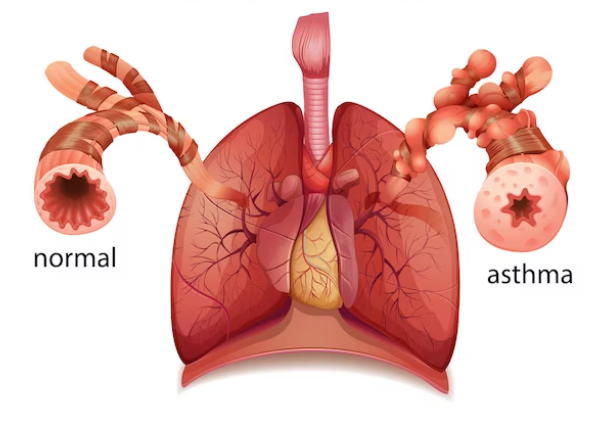
WHAT IS ASTHMA
Asthma is a chronic respiratory condition that affects the airways in the lungs. It is characterized by inflammation and narrowing of the airways, which can lead to various symptoms and breathing difficulties.
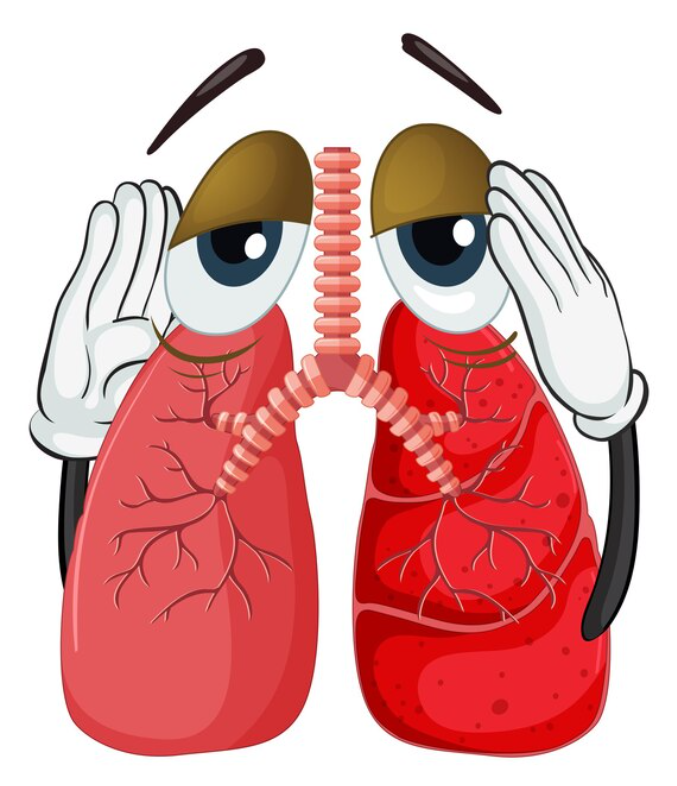
TRIGGERS
Asthma triggers are substances or situations that can worsen asthma symptoms or cause asthma attacks. These triggers can vary from person to person, but some common triggers of asthma include:
- Allergens:
- Pollen: Pollen from trees, grasses, and weeds can trigger asthma symptoms, particularly in people with allergic asthma.
- Dust Mites: Tiny dust mites in household dust can be a significant trigger for some individuals.
- Pet Dander: Allergens from pet hair, fur, and skin flakes can exacerbate asthma symptoms.
- Mold: Mold spores in damp and humid environments can trigger asthma, especially in individuals with mold allergies.

- Common Cold and Influenza: Viral respiratory infections can lead to asthma exacerbations.
- Sinusitis and Bronchitis: Infections of the upper respiratory tract can sometimes worsen asthma symptoms.
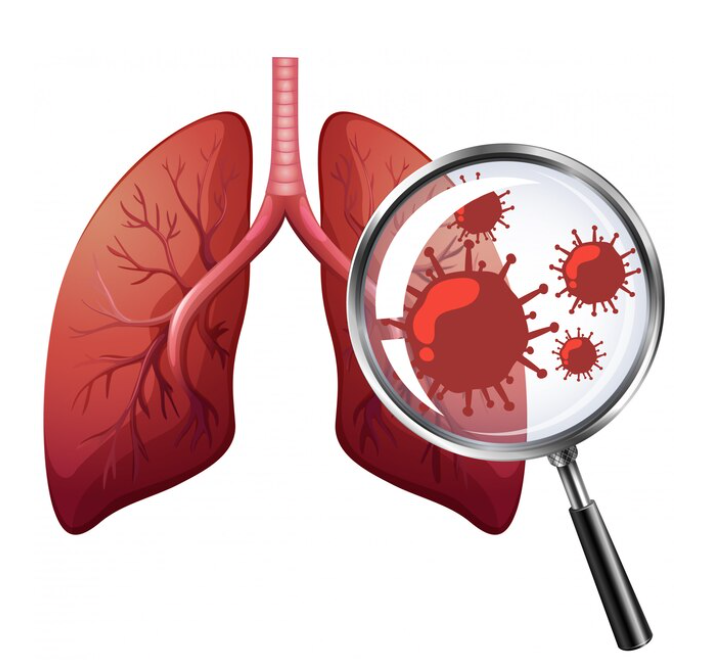
- Tobacco Smoke: Exposure to secondhand smoke or active smoking can irritate the airways and worsen asthma.
- Air Pollution: Outdoor air pollution, such as smog and fine particulate matter, can trigger asthma symptoms.
- Strong Odors and Chemical Fumes: Perfumes, cleaning products, and industrial chemicals can irritate the airways.
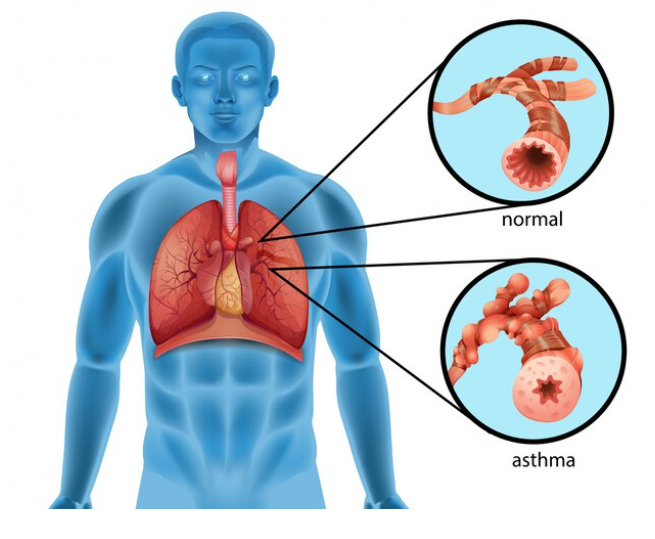
Effective asthma management often involves the use of two types of medications:
- Controller Medications: These are long-term medications designed to reduce airway inflammation and maintain asthma control. They include inhaled corticosteroids, leukotriene modifiers, and long-acting beta-agonists.
- Quick-Relief Medications: These bronchodilators provide rapid relief during asthma symptoms or attacks. Keep them on hand for immediate use when needed.
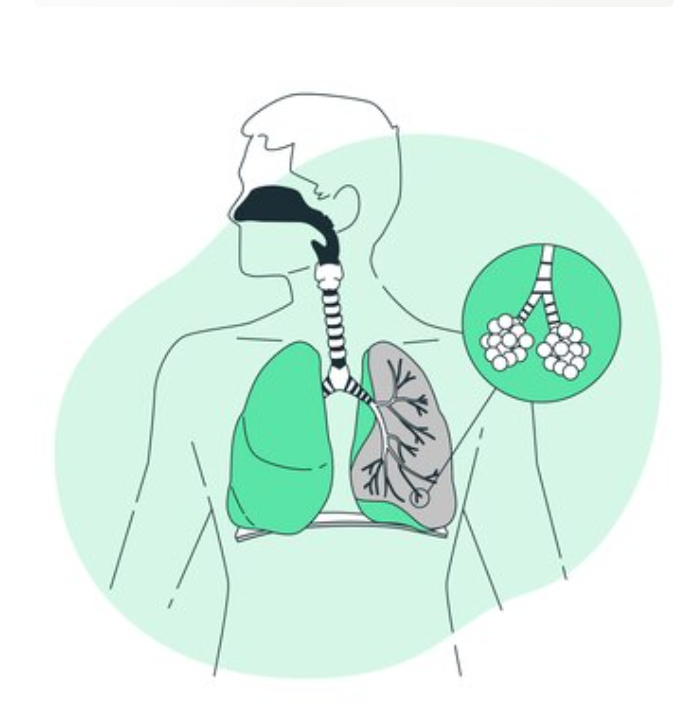
- Regular Exercise: Physical activity can improve lung function. Discuss an exercise plan with your healthcare provider, ensuring it’s safe for your asthma.
- Healthy Diet: Eating a balanced diet and maintaining a healthy weight can positively impact your asthma.
- Stress Management: Stress can trigger asthma symptoms in some people. Learn relaxation techniques to reduce stress’s impact on your condition
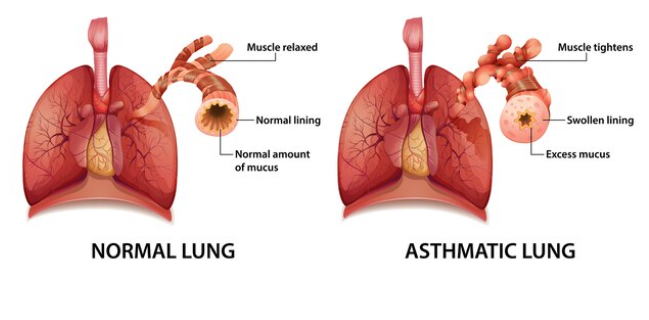
Asthma is a manageable condition with the right approach. By educating yourself, following your asthma action plan, and making positive lifestyle choices, you can take control of your asthma and enjoy a full, active life. ASMARCAP is here to support you in your journey to manage asthma effectively. Stay informed, stay healthy, and breathe easy!
Phone
+2348033002595
+2348186253571
Location
Lagos Office:
Suite 9, Ultima Complex, 21 Road, Opposite J Close,
Festac Town, Lagos
Location
Abuja Office:
Plot 426, Magnus Abe Street Wuye FCT Abuja
08186253571
